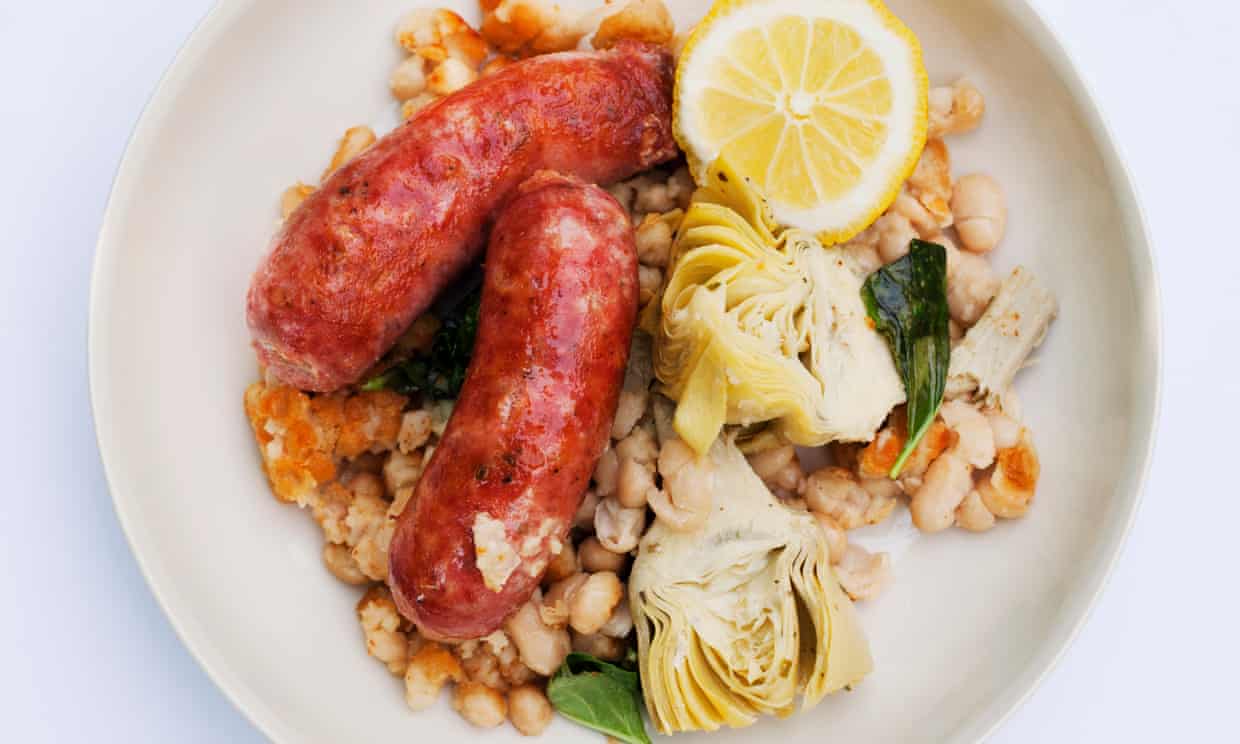
We have travelled around the world in the previous topic and now we are going to learn how to speak in English about foods, eating and foods from the world!
Which countries have the healthiest diets?
Read this article from The Independent to find out!
Lets look at some very popular food idioms:
BREAKFAST DISCUSSION
- What did you have for breakfast this morning?
- Do you always have time to eat what you want for breakfast?
- Has what you eat for breakfast changed over the years?
- What do you do while having breakfast?
- Do you watch "breakfast televisión"?
- Do you prefer to eat breakfast alone or with other people?
- Do you ever eat breakfast in a restaurant or canteen?
- Is the breakfast you usually eat healthy?
- How often do you skip breakfast or have it on the go?
-Can you eat "lunch-style food" or "dinner-style food" for breakfast?
-What do you think of breakfast at hotels?
-What is the origin of the word breakfast?
Watch Emma from EngVid to remember what a phrasal verb is and how native speakers use them to talk about food:
Now that you are familiar with a wide range of food vocabulary, listen to the words and sounds of this fantastic lesson by Rob from BBC Learning English.
Listen to Rob in his kitchen preparing a fry-up. See if you can hear what ingredients he uses and also what words he uses that include sounds that are similar to the noises the words refer to. These words are examples of onomatopoeia. There are 16 to listen out for.
Is your stomach rumbling? Are you ready to learn more Eating vocabulary?
Ready to look at some recipes from around the world?
Follow this link to BBC Good Food to discover wonderful food from around the world.
Do you fancy cooking? Are you a good cook?
Why not trying this summer recipe?

some words about Lisbon, including eating.
ReplyDeleteSince I first went to Lisbon to attend a public finance conference, I have gone back more than 10 times.
Going to Lisbon doesn't mean a culture shock, because you really feel like in your own country (there's even a shop of Corte Inglés).
It is not a particularly clean and perfectly preserved city, but has a very special charm, in its most traditional neighborhoods: Chiado, Lapa, Baixa, Alfama, Graça... but also in the most modern Campo de las Naciones, where Expo was held in 1998.
Eating is always a pleasant experience because it is very easy to find a restaurant with homemade cooking. If you are a cod's lover, undoubtedly Lisbon is your paradise. Very important: if you don't like strong taste of coriander (coentro) don't forget to ask not to put it in your food, because they cook everything with this seasoning.
The wine is not prohibitive (at least vinho verde), as in other countries and there are lots of coffee shops (cafetarias / pastelarias) where you can drink very good coffee with exquisite lisboan pastries.
The picturesque electric trams and elevators along the city; the wide avenues (Liberdade) and large squares (Pombal, Saldanha, Restauradores, Comercio, Rossio...), but also the winding and steep streets invite you to walk through the carpeted sidewalks with characteristic black and white cobblestones (not suitable for high heels).
There are nearby beaches (as Caparica) that can be reached by train in a few minutes from Rossio or Cais do Sodre railway station.
Neighboring towns such as Belem, Sintra and Cascais are a visit that can be done in a morning.
Crossing the modern bridge of Vasco da Gama You can reach a new commercial area in Alcochete (Freeport Outlet), but premium firms have stores along the Avenida da Liberdade, between Pombal and Rossio.
For longer or faster rides there are a subway network, but taxis are cheap and easy to take.
The atmosphere is multicultural and a mixture of modernism and traditions is always present.